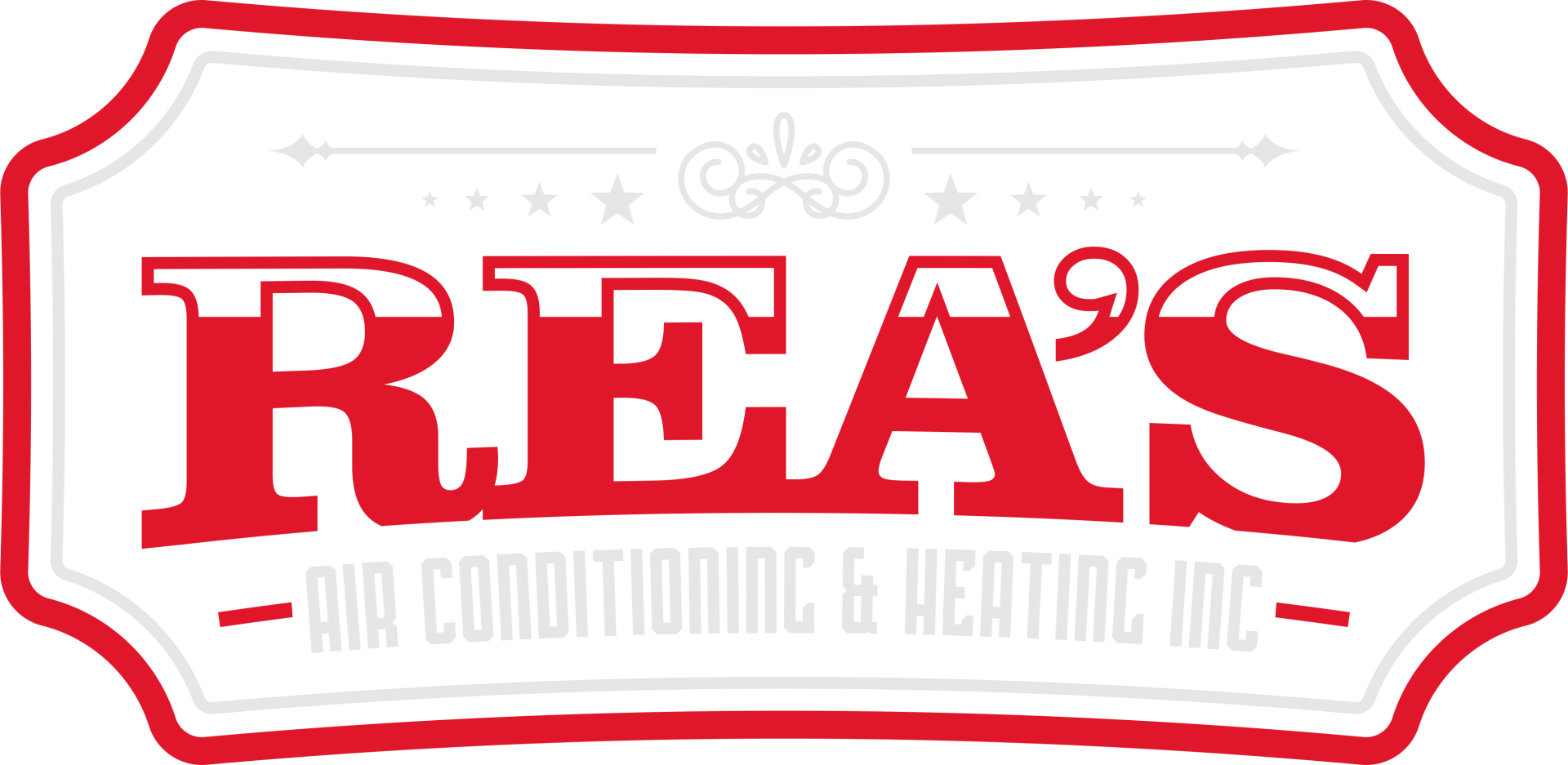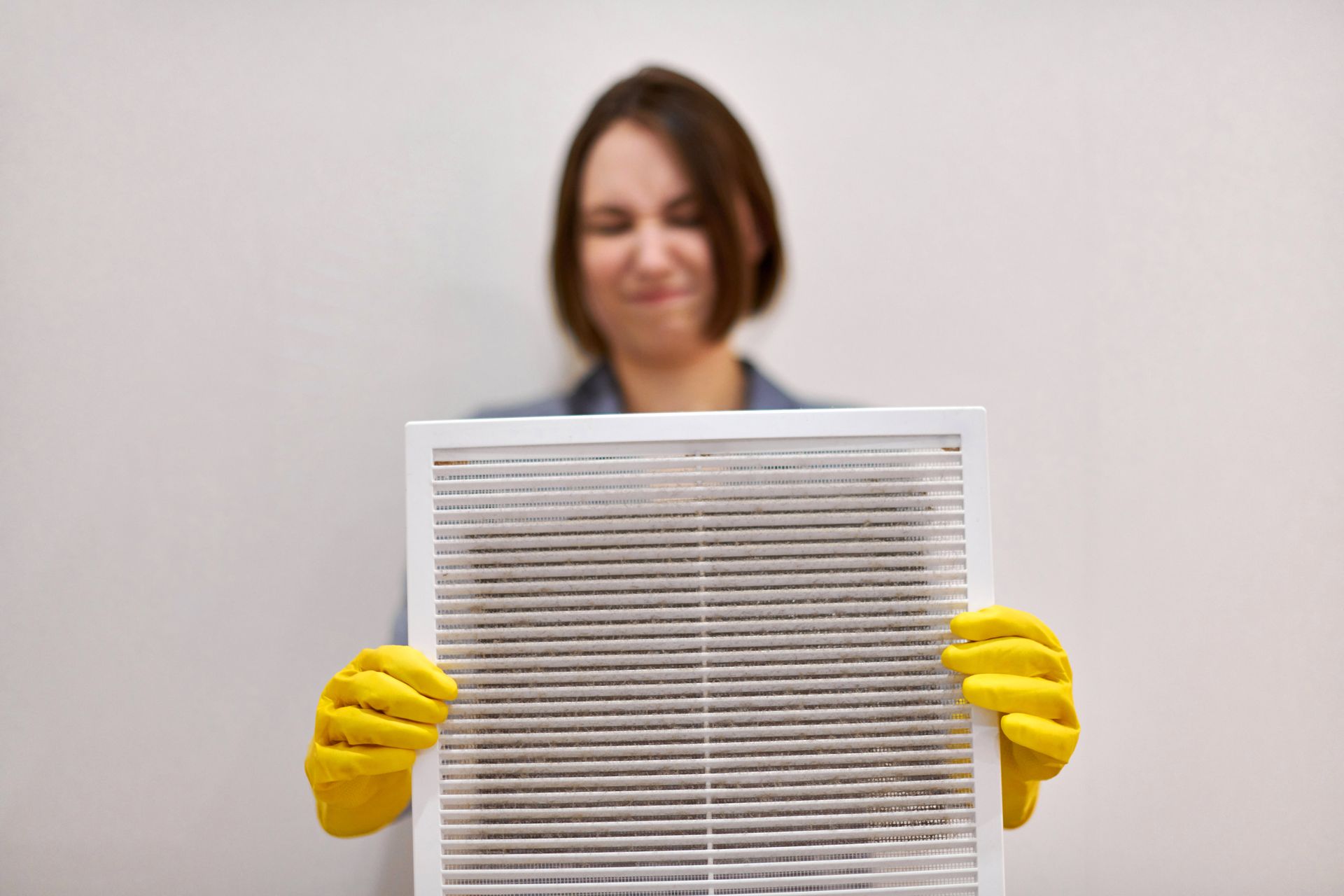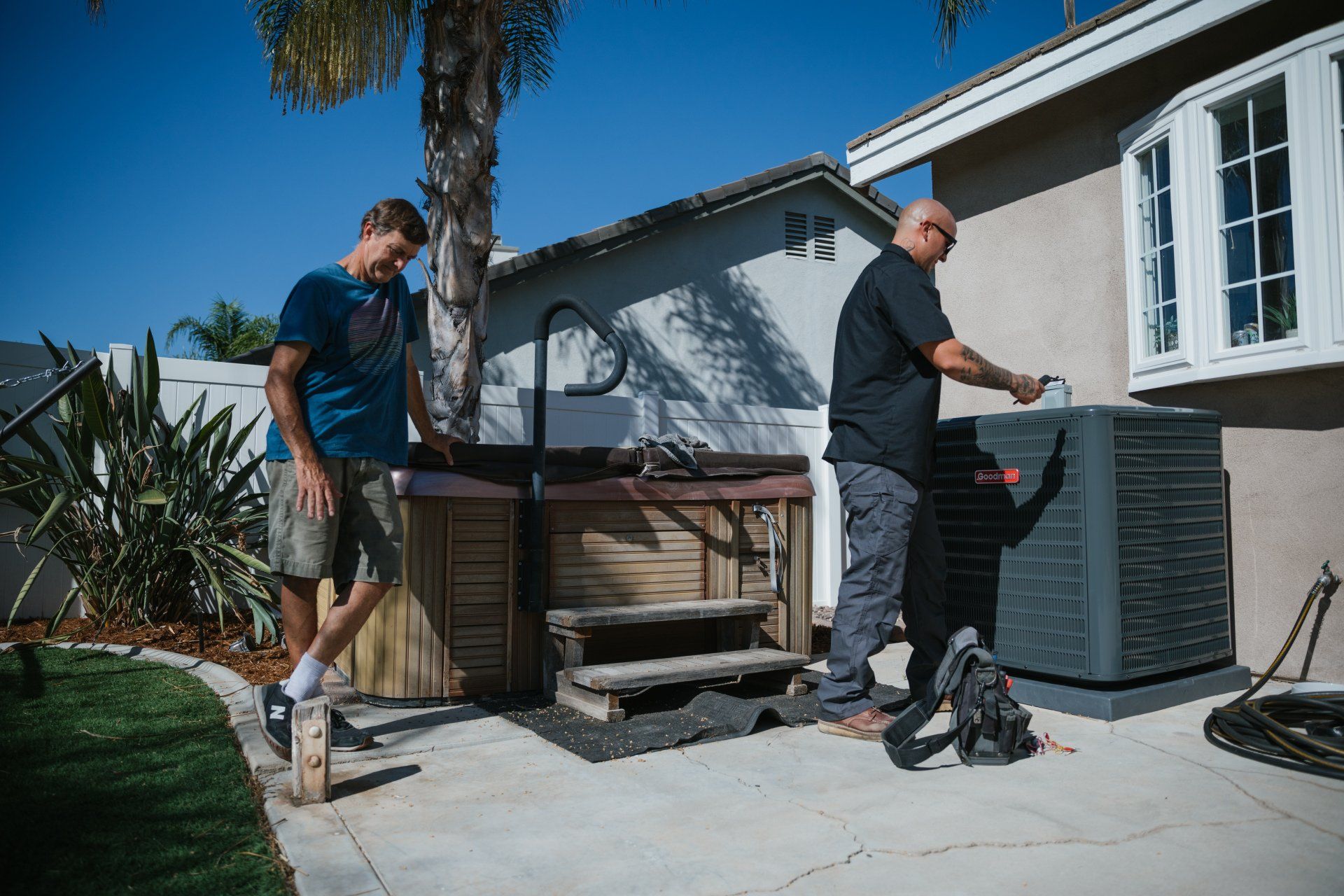Cost-Saving HVAC Tips for Small Businesses
Running a small business comes with many responsibilities, including managing operational costs. One area where significant savings can be found is in the energy consumed by your heating, ventilation, and air conditioning (HVAC) system. By optimizing your HVAC system, you can reduce energy expenses, lower your carbon footprint, and improve the comfort of your workspace for employees and customers alike. Here are some practical, cost-saving HVAC tips tailored to small business owners.
1. Regular Maintenance
Scheduled Inspections
Routine maintenance is essential to keep your HVAC system running efficiently. Schedule bi-annual inspections with a qualified HVAC technician to identify and fix any potential issues before they become costly problems. Regular check-ups can extend the lifespan of your equipment and improve its performance.
Change Air Filters
Dirty filters restrict airflow, making your system work harder and consume more energy. Depending on your system and usage, replace air filters every 1-3 months. This simple step can improve air quality and system efficiency.
2. Upgrade to a Programmable Thermostat
Smart Thermostats
Investing in a programmable or smart thermostat can yield significant savings. These devices allow you to schedule your HVAC system, ensuring it runs only when necessary. For example, you can program the system to reduce heating or cooling during non-business hours and ramp up just before the start of the workday.
Temperature Settings
Adjusting the thermostat by just a few degrees can substantially impact your energy bills. Set the thermostat a bit lower during the winter when the business is closed and higher during summer off-hours. This can save up to 10% annually on heating and cooling costs.
3. Enhance Insulation and Sealing
Insulate Properly
Proper insulation helps maintain the desired temperature within your business premises, reducing the load on your HVAC system. Insulate walls, ceilings, and floors as needed. Pay special attention to areas that may not be visible, such as attics and basements.
Seal Leaks
Air leaks around windows, doors, and ductwork can lead to significant energy loss. Use weatherstripping and caulk to seal any gaps or leaks. Ensuring your building is well-sealed helps keep conditioned air inside and unconditioned air out.
4. Optimize Ventilation
Use Natural Ventilation
When weather permits, use natural ventilation to cool or warm your space. Opening windows and using fans can reduce the need for your HVAC system to run constantly.
Ventilation System Maintenance
Ensure your ventilation system is clean and unobstructed. Proper airflow is crucial for efficient HVAC operation. Regularly inspect and clean ducts, and consider using energy recovery ventilators (ERVs) to improve indoor air quality while saving energy.
5. Implement Zoning Systems
Divide and Conquer
If your business premises have areas with different heating and cooling needs, consider implementing zoning systems. These systems allow you to control temperatures in different zones independently, ensuring energy is not wasted on unoccupied or lesser-used areas.
6. Energy-Efficient Equipment
Upgrade When Necessary
Older HVAC systems are generally less efficient than newer models. If your system is over 10-15 years old, consider upgrading to a more energy-efficient model. Look for units with high Seasonal Energy Efficiency Ratio (SEER) ratings for cooling and Annual Fuel Utilization Efficiency (AFUE) ratings for heating.
Incentives and Rebates
Research available incentives and rebates for upgrading to energy-efficient equipment. Many utility companies and government programs offer financial assistance to businesses that invest in energy-saving technologies.
7. Educate Employees
Energy-Saving Practices
Involve your employees in energy-saving practices. Encourage them to turn off lights, computers, and other equipment when not in use, and promptly report any issues with the HVAC system. Small changes in behavior can lead to significant savings.
8. Monitor Energy Use
Track and Analyze
Monitor utility bills and use energy management tools to monitor your energy consumption. Understanding your usage patterns can help you identify areas for reduction and track the effectiveness of your energy-saving initiatives.
Conclusion
By implementing these cost-saving HVAC tips, small business owners can significantly reduce their energy expenses while maintaining a comfortable environment for employees and customers. Regular maintenance, smart investments, and proactive management of your HVAC system are key to achieving these savings. Not only will these practices help your bottom line, but they will also contribute to a more sustainable and environmentally friendly business operation.






